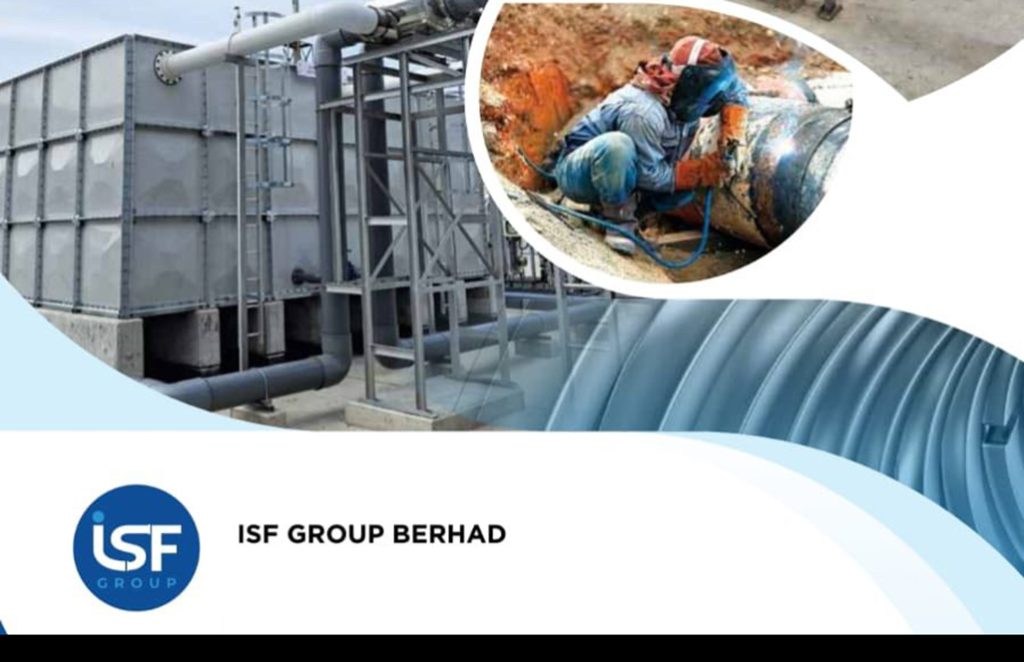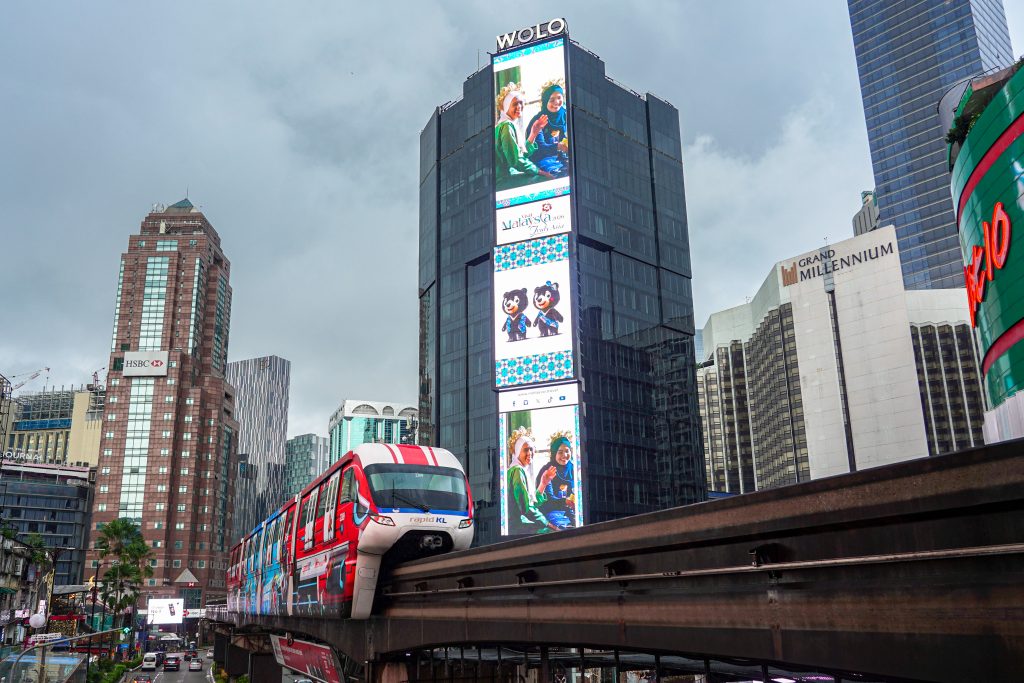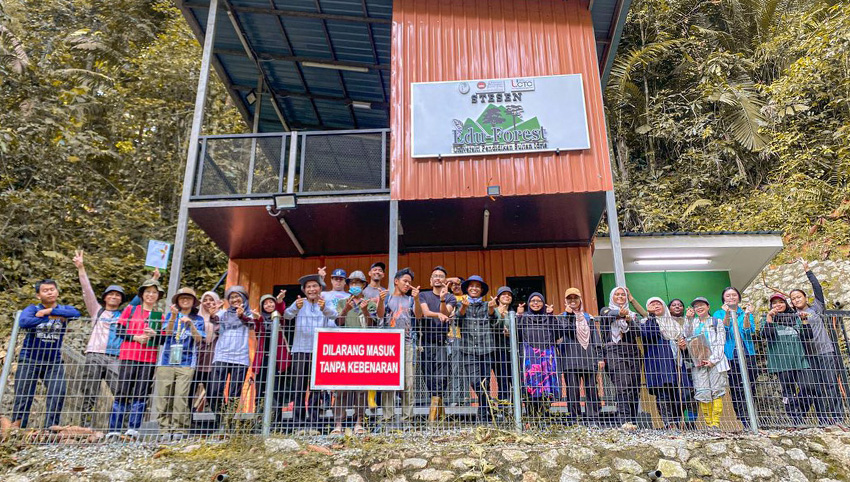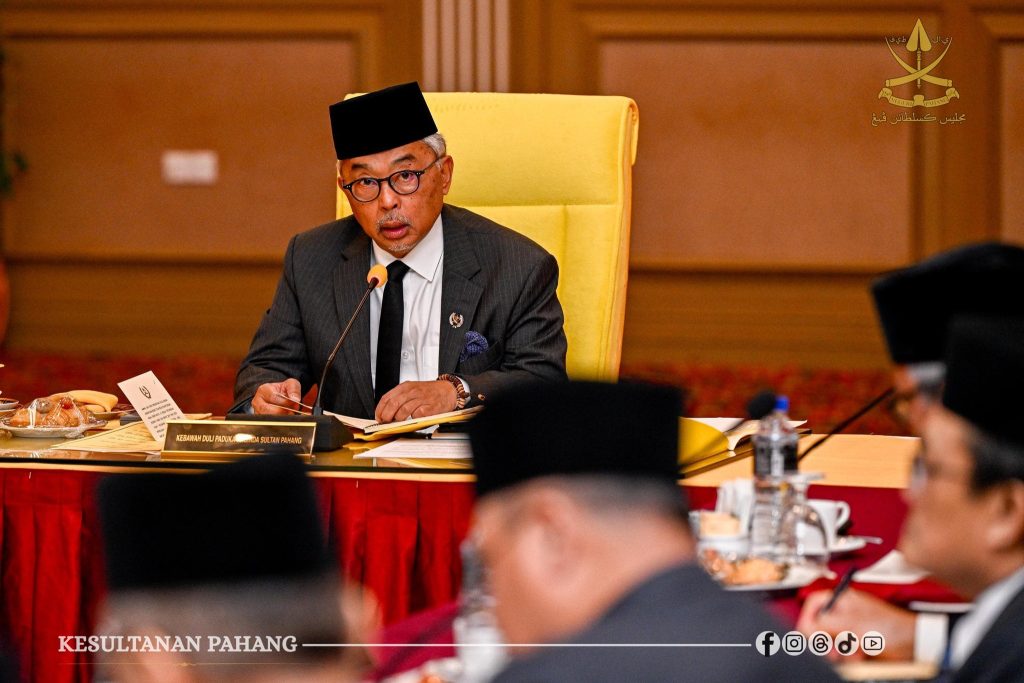Auto Added by WPeMatico

 IF YOU could safely implant a chip in your brain to enhance your intelligence, would you?
IF YOU could safely implant a chip in your brain to enhance your intelligence, would you?
Some of Silicon Valley’s most powerful technologists want that future, including Elon Musk, who recently said he would ramp up production of his Neuralink brain chips this year as part of a noble effort to ensure humans can keep pace with superintelligent artificial intelligence (AI) systems that might one day go awry. Fellow billionaire Alexandr Wang, who is leading Meta Platforms Inc.’s program to build such systems (the good kind) wants to delay having kids until Neuralink or similar tech can augment their intelligence, capitalizing on the neuroplasticity of their developing brains. A venture capitalist once told me the true advantage of AI would come when you could plug it directly into your mind, making you the smartest person in the room.
This pattern should feel familiar. Silicon Valley has invested trillions in building artificial general intelligence, despite no consensus on what AGI even means (and companies are now quietly backing away from the term). A similar dynamic is emerging with brain-computer interfaces: Grandiose visions built on conviction rather than strong evidence.
Neuralink’s head surgeon Matthew MacDougall, for instance, told the Andrew Huberman podcast that pharmacological agents like LSD and psilocybin are more promising for plasticity research than electrodes-based chips, and that “you’re never going to get that broad targetability with any electrodes that I can see coming in our lifetimes.” Notwithstanding the obvious ethical problem of permanently “boosting” the brain of a child who can’t give consent, MacDougall suggests that Wang may be planning a family around capabilities that don’t work as imagined.
But the enhancement dreams are not entirely fanciful when you look at how much the brain tech industry has grown. Global venture capital investment in neurotechnology, which includes brain-computer interfaces and neurostimulation devices, rose to US$2.3 billion (RM9.05 billion) in 2025 from US$293 million a decade earlier, according to market intelligence firm Pitchbook. The number of players in the field has grown sixfold, said Marcello Ienca, a professor of AI ethics and neuroscience at Technical University Munich, with most large technology companies investing in neurotechnology.
Like other forms of technology that initially targeted people with disabilities then went mainstream — including the mouse and text-to-speech software — neurotech is also expanding from treating clinical issues like paralysis to enhancing the lives of people who are fit and well. Meta’s neural wristband can read electrical signals from muscles to control devices, while Apple has been awarded a patent for AirPods that can monitor brain activity and Bryan Johnson’s Kernel has developed a US$50,000 helmet for brain monitoring.
Outlandish as they sound, Wang and Musk’s ideas are technically plausible. Ienca points to studies that have shown that non-invasive stimulation, typically with a help of a headset and electrodes, can slightly improve concentration and memory. Carolina Aguilar, who runs a Barcelona-based brain chip startup called INBRAIN focused on treating Parkinson’s and other diseases, says such tech could indeed help augment human intelligence one day, potentially with the help of large language models. “ChatGPT is offering memory, and memory is the opening of higher intelligence,” she said.
But priorities matter. When asked about Musk and Wang’s visions of the future, Aguilar adds, rather diplomatically, that she’ll keep her company concentrated on eradicating disease before trying to optimise humans who are healthy.
That would be especially wise if the tech company implanting a brain chip happens to be an advertising concern. The brain is the largest data repository in the world, and the race to enhance it will almost certainly be propelled by a race to mine it. Most brain-computer interface firms are focused on decoding information from inside our skulls, said Aguilar. That may open the door for such technology to usher in a strange new chapter of the data economy.
Online advertisers typically build psychographic profiles on people based on their behavioural data. “They reverse engineer intentions,” said Ienca. “Now with brain data we can look straight into the source and collect data that most directly correlates to our intentions and beliefs.”
Such data, if decoded on a device with mainstream popularity, would represent a new frontier for human privacy — or lack thereof. Our autonomy would be on the menu, too. Aguilar’s company is one of the rare few that can change neural activity, using deep-brain stimulation to treat Parkinson’s. She is sticking to clinical treatment, but what’s to stop other firms using such capabilities for a hyper-targeted form of marketing to manipulate intent?
A kind of hybrid intelligence is technically feasible, but whether it manifests as mutually beneficial or parasitic on the part of a corporate giant depends largely on who controls the interface. Technologists shouldn’t slow down neuro-technology for clinical purposes and people in genuine need. But for healthy adults seeking a competitive advantage, and especially non-consenting children, the evidence points more darkly to a harmful trade-off that is best avoided. — Bloomberg
- This column does not necessarily reflect the opinion of the editorial board or Bloomberg LP and its owners.
- This article first appeared in The Malaysian Reserve weekly print edition
The post Brain boosts come at a cost appeared first on The Malaysian Reserve.














